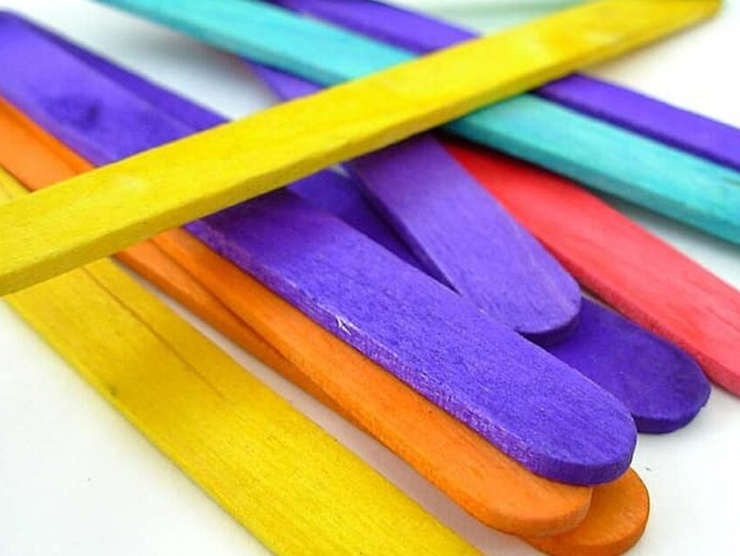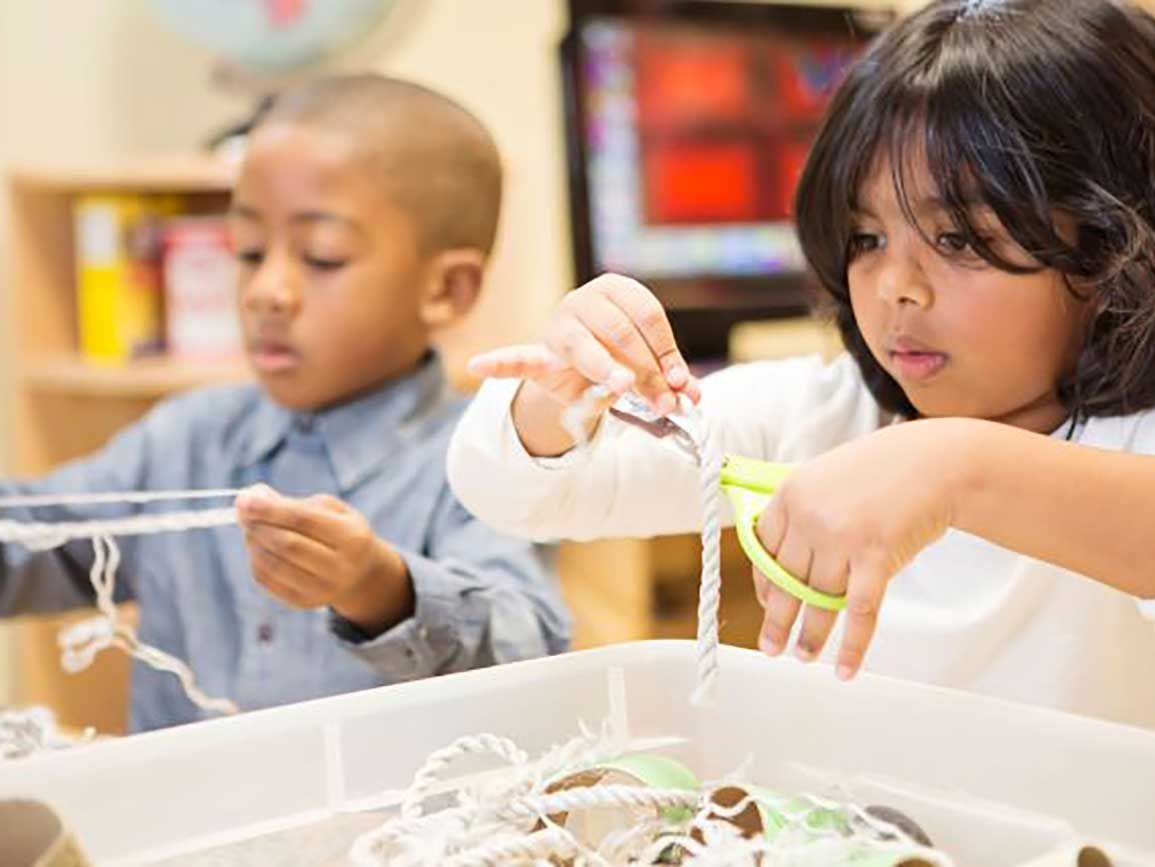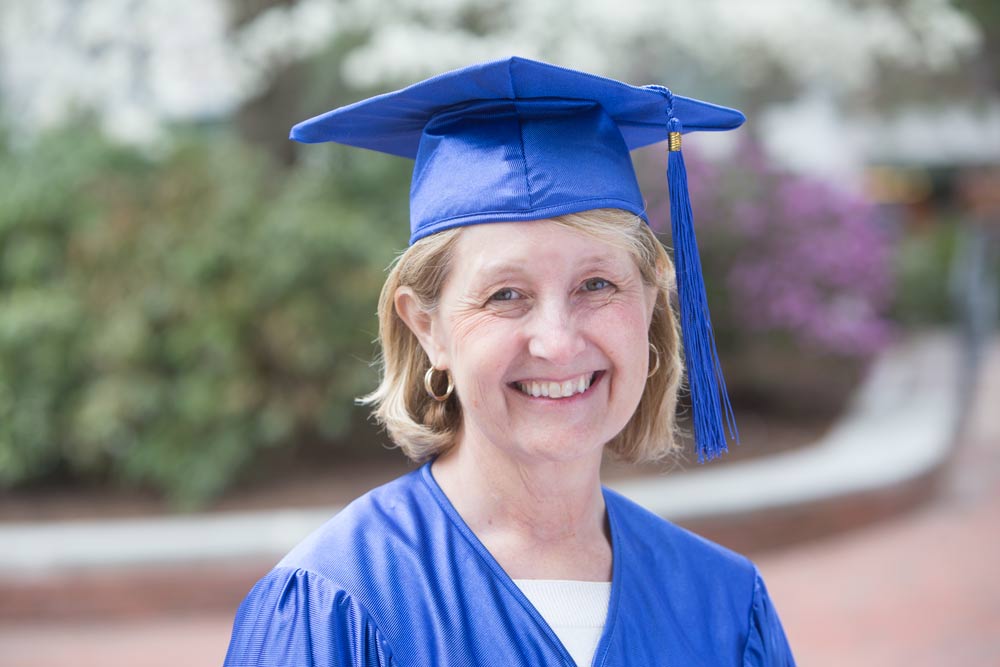“Hands-on, minds-on” highlights the powerful connection between play and learning. When children actively explore, touch, and engage with their environment, they are not just having fun, they’re thinking and building knowledge. Play becomes an engaging tool and meaningful learning experience.
Children have their own unique way of understanding the world around them. Infants, for example, explore by touching and placing everything in their mouths. It’s how they begin to make sense of their environment. As they grow, this curiosity evolves and may stem into a preschooler working hard to build a block tower, only to immediately knock it over. This type of behavior isn’t caused by mischief, but the drive to discover what happens next.
As parents and early educators, we can either discourage this curiosity or nurture it. By choosing to see these behaviors as experimentation rather than disruption and understanding how to encourage curiosity in children, we create a space where learning, creativity, and growth can thrive.
How to approach curious minds
Your child comes up to you and asks, “How come we never see a dinosaur in real life?”. You might respond quickly with, “Because they’re extinct which is why there are no more dinosaurs walking around Earth.”
While it may seem like giving a quick answer helps fuel your child’s brain, it hinders rich learning experiences. When answers come too easily, children are less likely to stay curious or dig deeper. Instead, they’ll simply move on to the next thing, missing out on the valuable process of exploration and discovery.
There are more engaging ways to respond. One approach is to suggest learning together. For example, instead of giving an answer right away, you can encourage curiosity by saying something like “I’m not sure, let’s find out together!”. This turns a simple question into rich learning experience where your child practices researching, asking follow-up questions, and using critical thinking skills.
Another approach is to reflect the question back: “Why do you think we never see dinosaurs?” What might seem like a silly or simple question can spark deep thinking and creativity, helping your child develop important reasoning skills.
How to encourage curiosity in children
As Rachel Robertson says, “Whoever’s doing the thinking is doing the learning.” Empower your child by letting their questions and interests guide the learning process, keeping them in the driver’s seat. Your role is to support and nurture their curiosity by asking open-ended questions that spark deeper thinking.
At home, you can create special moments to explore new ideas together. A fun and easy way to encourage discovery through play-based learning is by making treasure baskets filled with everyday household items. Observe how your child experiments and invents new uses for each object.
Another great way to nurture curiosity is by visiting science museums that prioritize play-based learning in early childhood. Children are free to touch, explore, and engage with different hands-on exhibits encouraging them to discover new senses and ideas.
These experiences not only fuel your child’s natural curiosity but also build a lifelong love of learning through play and exploration.
Curiosity is the foundation of lifelong learning, and as parents and educators, we can nurture it every day through encouraging exploration, asking open-ended questions, and creating environments rich with discovery. We are empowering children to think critically, solve problems, and stay engaged with the world around them. Whether it’s during playtime at home or hands-on experiences within the community, every interaction can be a chance to spark wonder and deepen understanding. When we follow a child’s lead and support their natural desire to learn, we’re not just teaching, we’re inspiring a love of learning that lasts a lifetime.
Dive deeper into the ideas behind the article with this episode of our Teach. Play. Love podcast. Rachel Robertson and Claire Goss share expert insights, real-life examples, and practical tips on how to nurture curiosity and support early learning through play and exploration.
You can also listen to this podcast episode on Apple, Stitcher, YouTube, and Libsyn.





